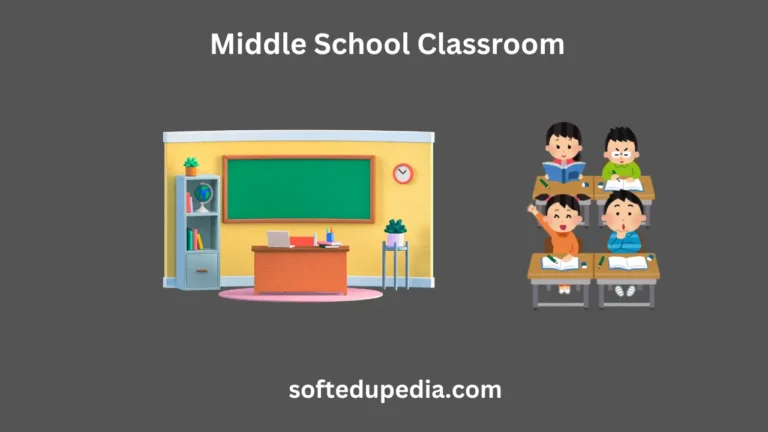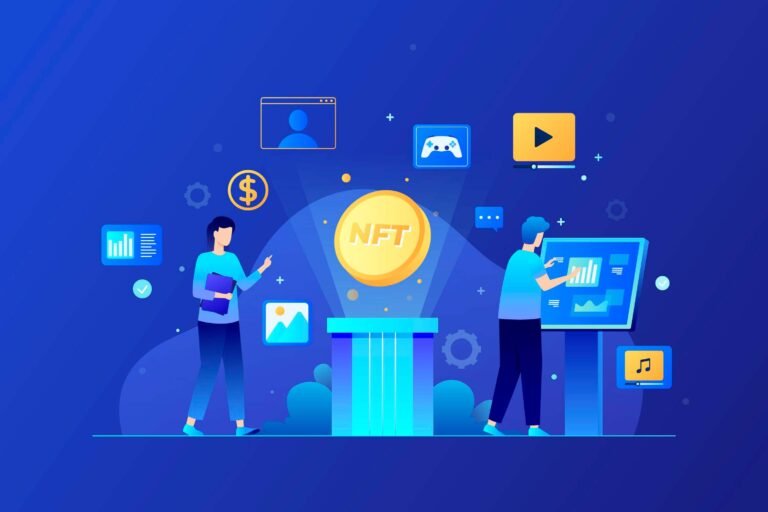Student Education Plan: A Comprehensive Guide for Success
For students negotiating their academic paths, a well-written student education plan is a vital instrument. These kinds of strategies provide structure and responsibility as well as a road map for students toward their learning objectives. With so many obstacles ranging from juggling schoolwork to grade management, the modern classroom may be intimidating. This handbook will examine the basic elements of a successful student education plan, thereby offering ideas on goal-setting, study methods, and approaches for overcoming shared difficulties. Whether you are a university student striving to shine or a high school student ready for college, knowing how to design and keep a strong education plan can greatly improve your academic success and personal development.
Understanding the Basics
What is a Student Education Plan?
A student education plan is a methodical road map of a student’s learning. Its main goal is to provide an all-encompassing road map including strategies for success, learning goals, and means of evaluation of development. An efficient plan consists of key elements the determination of academic goals, the evaluation of learning styles, the inclusion of study habits, and the acquisition of time management skills. Defining specific goals and the routes to reach them helps students to better negotiate their educational process, therefore optimizing chances for learning and personal growth. This methodical approach helps pupils to be proactive and to take responsibility for their academic activities.
The Role of Goals in Education
Any educational strategy starts with goals, which also act as a driving force and directing emphasis. They break up the more vast intellectual terrain into doable, quantifiable goals and provide students with a clear feeling of direction and purpose. Establishing reasonable and reasonable objectives helps pupils to increase their self-discipline and resilience as well as to aim for success. Furthermore, goal-setting in the classroom helps pupils to develop a growth attitude and to welcome obstacles as chances for education. Thus, knowing how to properly define and assess these objectives is essential as it enables people to monitor their development and celebrate their successes along the way, thereby promoting a positive feedback loop that supports their drive to perform.
Creating Your Education Plan
Assessing Your Current Situation
Making an educational plan starts with a careful evaluation of one’s present academic performance. This assessment should cover academic interests, professional objectives, and both strengths and shortcomings. Through awareness of areas needing development, students may pinpoint the required actions to raise their performance. Considering personal interests also helps to match educational objectives with prospective professional possibilities, therefore guaranteeing that students stay involved and driven all through their studies. Self-assessment questionnaires and other tools help students to better understand their learning styles and preferences, therefore impacting their study habits and methods of learning.
Building a Balanced Study Schedule
Academic achievement depends on a reasonable study regimen. This entails setting aside a certain time for extracurricular activities, relaxation, and education that fit a balanced existence. Effective time management techniques include breaking up more ambitious projects into smaller, doable chunks and prioritizing activities depending on due dates and importance. Developing a schedule that balances rigorous study sessions with breaks helps students stay focused and lowers fatigue, therefore enabling them to retain their best performance. Including frequent evaluations and schedule revisions guarantees flexibility and helps students react to changes while maintaining alignment with their academic objectives.
Tailoring Your Study Routine
Accommodating diverse learning styles and preferences depends on developing a customized study schedule. To identify what is best for the particular learner, this procedure entails investigating several study strategies including visual mnemonics, auditory tactics, or kinesthetic exercises. Furthermore, improving focus and reducing distractions mostly depends on designing a study environment. Students should be allowed to concentrate entirely on their studies in clean, properly lighted, clutter-free surroundings. Students can create a conducive environment that helps in knowledge retention and general academic success by combining customized techniques with suitable surroundings.
Overcoming Challenges
Managing Test Anxiety
Common among students, test anxiety stems from the pressure to succeed academically, and is usually Taking care of this worry means spotting triggers and using coping mechanisms. Anxiety can be reduced and a feeling of calm is promoted by mindfulness, deep breathing exercises, and positive self-talk. Furthermore, careful preparation helps pupils to develop confidence so they may approach tests from a more optimistic point of view. Knowing the value of mental health in academics, students should also give self-care activities including enough rest, frequent exercise, and a good diet top priority as they help to lower stress and improve general performance on tests.
Addressing Procrastination
Often coming from too demanding chores or fear of failure, procrastination can seriously impede academic progress. Dealing with this difficulty starts with knowing personal triggers. Once acknowledged, good plans of action may be used to fight procrastination by dividing more difficult chores into smaller, more doable phases. Establishing a schedule and developing responsibility-oriented activities like study groups or peer check-ins can help to inspire and guarantee the fulfillment of tasks. Utilizing reflective practice, students also enable themselves to analyze their procrastinating tendencies and create better habits, therefore improving their academic performance and concentration.
Enhancing Academic Performance
Effective Note-Taking Techniques
Academic achievement depends on good notes as they help to organize thoughts and improve their memory of them. There are other ways to gather data: the Cornell approach, mind mapping, and outlining among others. Every method has special benefits; so, students should try several techniques to find one that connects best with them. Methodically arranging notes improves retrieval during revision times, thereby enabling effective study sessions. Using digital tools and software for note-taking will also help to simplify this procedure, facilitating simple material access and organization, so improving academic achievement.
Revision Techniques for Exams
Maximizing retention and preparing suitably for tests depend on effective revision. Using several revision techniques—such as flashcard creation, key idea summarizing, and material instruction to others—can improve knowledge and memory. Creating a digital study plan can help students to build timetables, monitor development, and find a balance between disciplines, so improving the revision process. Reviewing material regularly instead of cramming at the last minute helps students retain information over time and lowers anxiety, therefore guaranteeing their confidence in their knowledge as they get ready for tests.
Long-Term Student Education Planning
Planning for College Admissions
The college application process may be intimidating and calls for serious preparation and planning. Researching possible institutions, knowing their admission criteria, and assessing how their academic achievement fits these expectations will help students begin their process. Additionally helpful is developing a solid portfolio highlighting extracurricular activities, community service, and personal accomplishments.
Moreover, creating a chronology for applications guarantees students stay on target with deadlines for entries, standardized examinations, and interviews. Taking initiative throughout high school and assuming leadership positions would greatly improve college applications, thereby differentiating kids in a competitive environment.
Financial Planning for College
Prospective students must negotiate financial concerns related to college. Reducing the financial load of higher education depends on knowing tuition rates, scholarships that are offered, and financial assistance programs. To understand their financial situation, students should make a budget including living costs, tuition, and other fees. Further reducing expenses is investigating grant and scholarship possibilities as well as part-time employment or internships.
Consulting financial advisers or college counselors will help students make wise judgments about their academic path and offer insightful analysis. Achieving long-term academic goals depends on good planning and preparation regardless of the road taken. Students who have these tools in place, together with tenacity and will, may position themselves for success in their academic endeavors and beyond.
Conclusion
Navigating the complexity of academic life requires a well-organized student learning plan. Along with guidance and clarity, it gives pupils the skills they need to reach their objectives. They can greatly increase their chances of success by following plans for overcoming obstacles such as exam anxiety and procrastination, improving performance using efficient note-taking and revision practices, and preparing for college admissions and finances. Students who want to be proactive in their academic goals—that is, those who set reasonable goals, ask for help, or keep dedicated to personal development—must do so. Students who adopt these habits will develop resilience and flexibility, therefore laying the groundwork for a successful and rewarding path of learning. Therefore, students should keep in mind that academic achievement is a road trip and that, with the correct tools and attitude, they may fulfill their ambitions.
Students should also remember that their education is about finding passions, personal development, and laying a firm basis for future activities; it extends beyond grades and exam results. Students should not hesitate to ask mentors or peers for direction while they travel; they should also take pauses when necessary and honor little accomplishments along the road. Every kid can shine academically and realize their full potential with commitment and tenacity. Thus, let us keep on this road of education together, learning, developing, and thriving!






